APIE MUS
VDU Licėjus „Sokratus“ 2016 m. įkurtas šiuolaikiškas licėjus Vilniuje, teikiantis visapusišką, kokybišką ikimokyklinį, priešmokyklinį, pradinį ir pagrindinį ugdymą. Mes padedame atskleisti Jūsų vaiko potencialą: čia mąstome kritiškai, veikiame kūrybiškai, mokomės ir bendradarbiaudami tyrinėjame.
2021 m. mokykla tapo Vytauto Didžiojo universiteto licėjumi „Sokratus“.
Šiuo metu mokykloje mokosi 0–10 kl. mokiniai, toliau augame, 2024/2025 mokslo metams formuosime ir 11 klasę.
Sudėtinė licėjaus dalis yra „Sokratus“ darželis, kuriame ugdomi vaikai nuo 1,5 metų amžiaus.
Vizija
Puoselėjanti humanistines vertybes, dinamiška ir patraukli, brandžias ir laimingas asmenybes bei ateities lyderius ugdanti saugi mokykla, o mokymosi rezultatai pripažįstami nacionaliniu bei tarptautiniu lygiais.
Misija
Ugdyti laisvą ir laimingą, kūrybingą asmenybę, besivadovaujančią nacionalinėmis ir europietiškomis vertybėmis bei siekiančią aukščiausių pripažįstamų mokymosi pasiekimų bei lyderystės.
Licėjaus tikslas
Dvikalbio ugdymo mokykla, kurioje plėtojamas lygiareikšmis ugdymas lietuvių ir anglų kalbomis, siekianti išugdyti laisvą ir laimingą, kūrybingą asmenybę, siekiančią aukščiausių pripažintų mokymosi pasiekimų bei sėkmingos karjeros.
Ugdymo sistema
Humanistine filosofija pagrįsta visapusiško ugdymo sistema. Jos esmė yra orientacija į kiekvieną ugdytinį atskirai, kur kiekvienas gali įsisavinti mokymo programą savo tempu.

SOCIALIAI ATSAKINGA IR SAUGI APLINKA

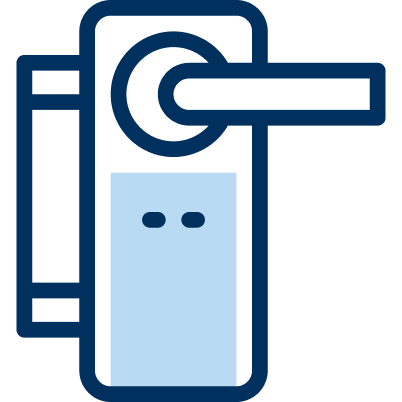
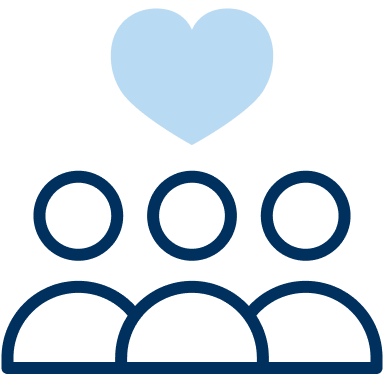
Nedidelė bendruomenė

Tvarumas
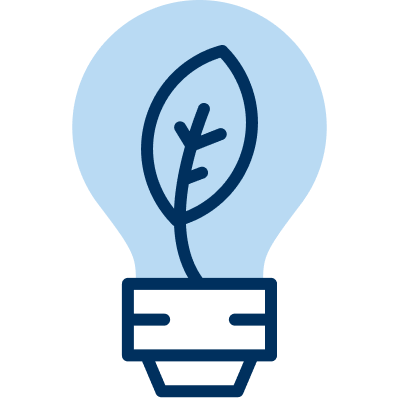
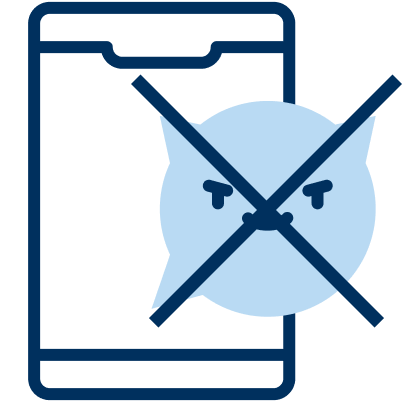

Dėmesys socialiniam, emociniam ugdymui

Licėjaus filosofija
Tikima, kad:
-visi mokiniai gabūs ir gali patirti gyvenimo džiaugsmą ir sėkmę;
-įtraukianti lyderystė atskleidžia kiekvieno mokinio unikalumą ir potencialą;
-kūrybiškai organizuotas, gyvas ir nuoseklus mokymas(is) leidžia pasiekti aukščiausių rezultatų individualiai ir licėjaus komandai kaip vieningai bendruomenei;
-kalbinis, matematinis, gamtamokslinis, technologinis ir meninis raštingumas yra lygiaverčiai;
-atvira, besimokanti, moderni, saugi ir laisva mokykla motyvuoja mokinius ir -formuoja mokymosi visą gyvenimą nuostatą;
-mokiniai nori ugdytis saugioje ir patrauklioje mokykloje, elgiasi sąžiningai, nesiekia suvaržyti kitų teisių ir laisvių;
-aktyvūs ir pilietiški bei puoselėjantys humanistines vertybes, europietiškumą bei tarptautiškumą mokiniai – mūsų visuomenės ateitis.
Tikima, kad sėkmė – ne atsitiktinumas, o ilgalaikio ir nuoseklaus darbo rezultatas. Besimokančiojo sėkmę užtikrina licėjaus pedagoginis ir nepedagoginis personalas, tėvai ir socialiniai partneriai.
Siekiama efektyviai veikiančios mokyklos. Efektyvi mokykla – tai sistema, padedanti pasiekti aukštesnius ugdymosi rezultatus, pranokstančius prognozes. Licėjaus efektyvumo rodiklis yra paties vaiko pažanga, tačiau tiek pat svarbus nacionalinis ir tarptautinis rezultatų pripažinimas.

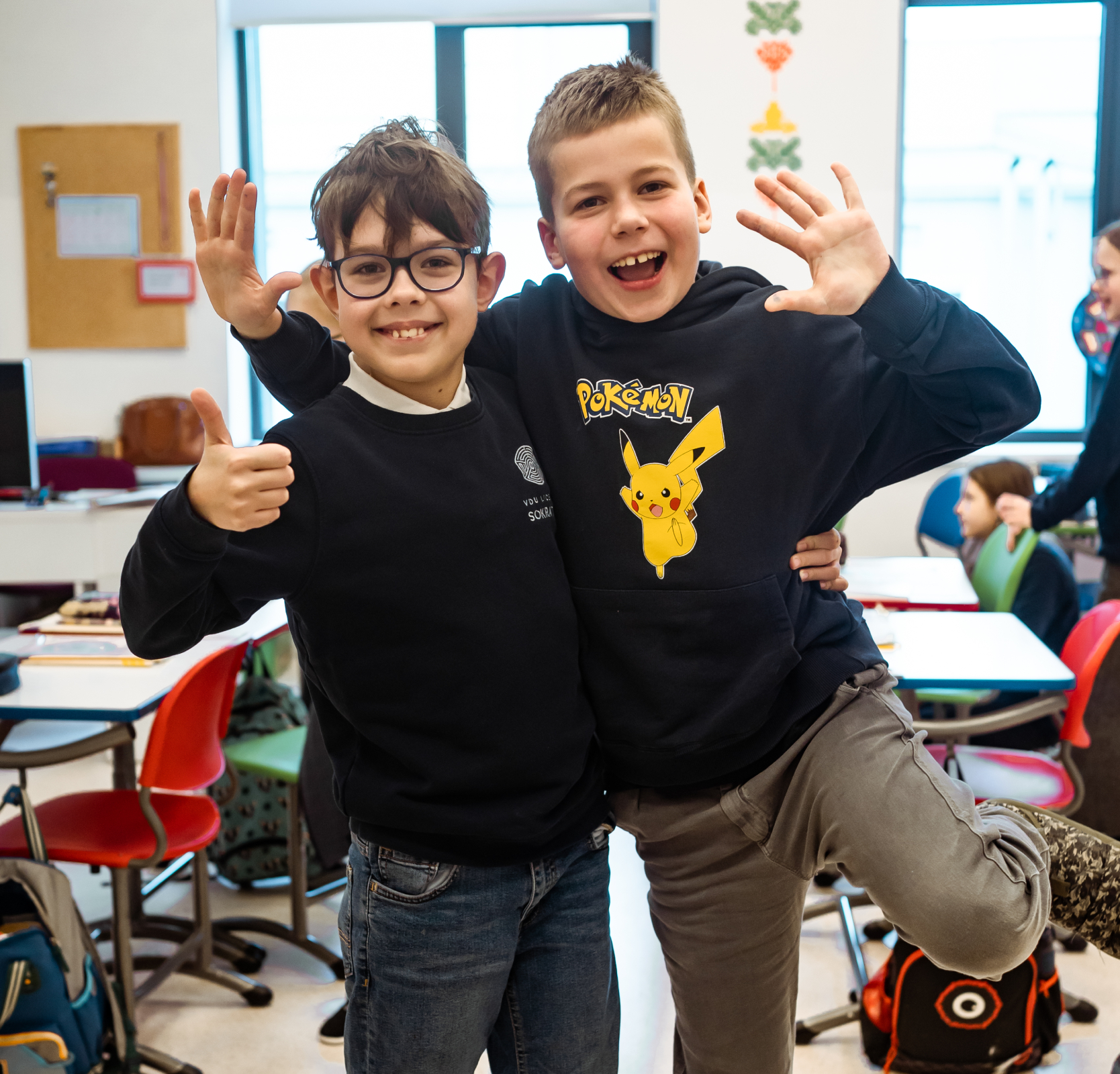
Mokyklos vertybės
-saugumas, pilietiškumas ir asmenybės laisvė;
-inovatyvumas, nuolatinis tobulėjimas ir lankstumas;
-kūrybiškumas ir bendradarbiavimas;
-savigarba ir pagarba kitoms asmenybėms;
-sąžiningumas ir tolerancija;
-pripažįstamas individualumas ir lygiavertiškumas;
-sveika gyvensena ir fizinė bei psichologinė darna;
-draugiškumas aplinkai ir veikla siekiant darnių tikslų.
-licėjuje skatinama įgalinanti lyderystė.
Licėjaus veikla ir strategija tobulinama visos mokyklos bendruomenės, yra aiški bei įkvepianti;
vadovavimas ir lyderystė licėjuje pasidalintina: didelę dalį sprendimų priima licėjaus bendruomenė, veikloms vadovauja įvairūs jos nariai, skatinama asmeninė iniciatyva. Nuomonių įvairovė ir diskusijos yra neatsiejama licėjaus gyvenimo dalis.
Mokykloje vertinamas kūrybiškumas ir naujos idėjos, turima drąsos rizikuoti ir priimti svarbius (sunkius) sprendimus. Toks vadybos stilius puoselėja licėjų kaip besimokančią organizaciją.
Licėjaus išskirtinumai
-dvikalbis mokymas(is) lietuvių ir anglų kalbomis vykdant kasdienius ir tarptautinius projektus, pamokų ciklus ir modulius, dalyvaujant tarptautinėse programose;
-anglų kalbos mokymas(is) pagal pripažintą Cambridge programą
-siekiama kiekvieno besimokančiojo pažangos, todėl kiekvienam mokiniui pritaikytas pagrįstas skirtingo stiliaus mokymas(is);
-asmeniniai mokinių pasiekimai, gebėjimai ir kompetencijos – įtraukaus ugdymo rezultatas;
-integruotas visos dienos ugdymas, garantuojantis užimtumą ir saugumą;
-sustiprintas ispanų kalbos, menų ir technologijų mokymas(is);
-subalansuotas ir integruotas formalus ir neformalus ugdymas;
-taikomi mokslo ir gyvenimo filosofijos pagrindai;
-bendradarbiaujama su pažangias ugdymo sistemas puoselėjančiomis Europos šalimis;
-platus netradicinių aplinkų panaudojimas veikloms Vilniuje, Lietuvoje, Europoje;
-bendradarbiaujama su VDU ir jų partneriais;
-klasėje vidutiniškai mokosi 15-22 mokiniai.
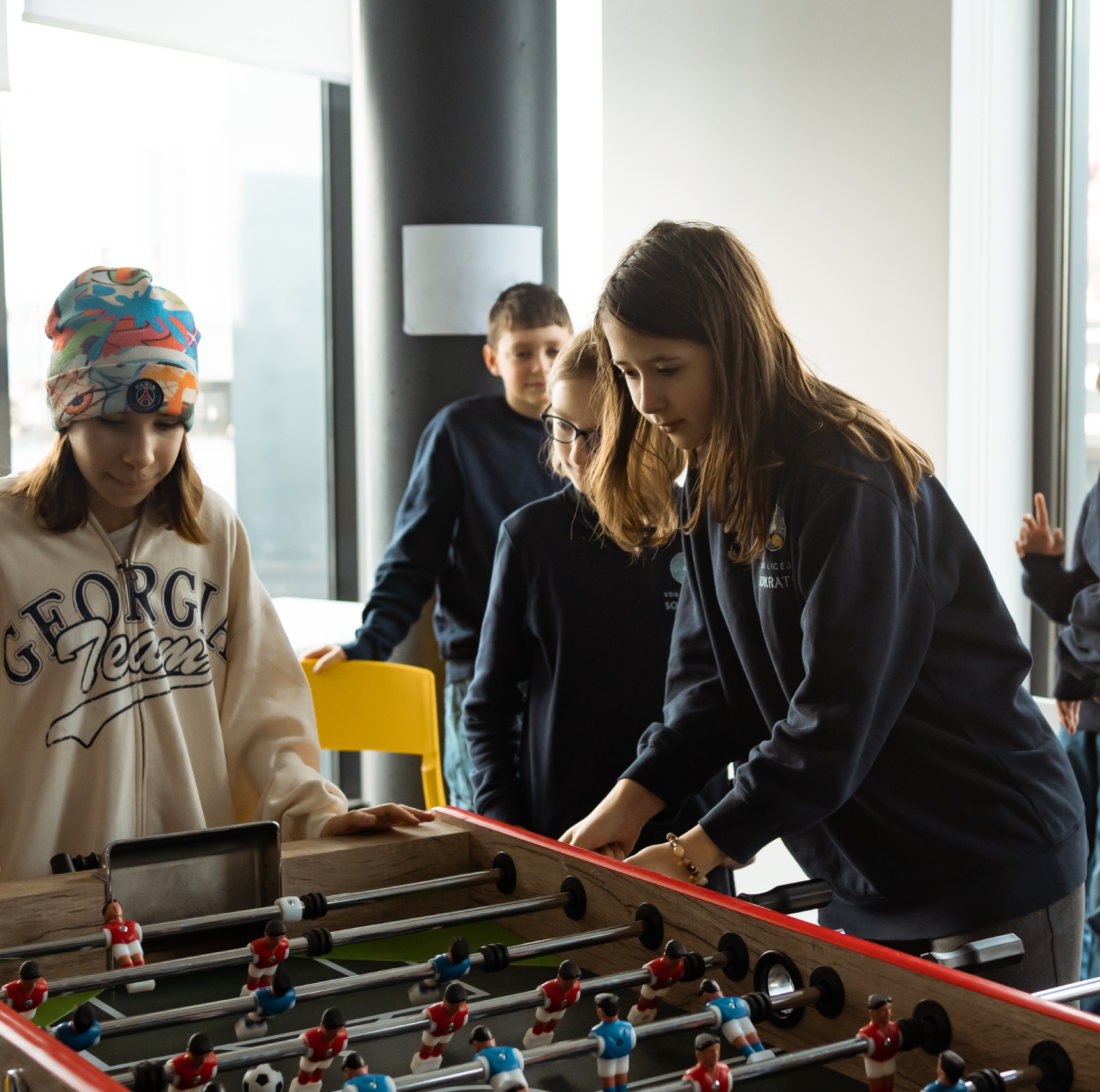

Ugdymo tikslai
-siekiame, kad dvikalbis ugdymas sustiprintų pripažįstamus Europoje mokymosi pasiekimus bei sėkmingą karjerą;
-siekiame ugdymo aplinkas ir turinį pritaikyti taip, kad kiekvienas mokinys pagal savo poreikius ir išgales bręstų kaip laiminga asmenybė;
-siekti, kad mokinys ugdytųsi pilietinę ir tautinę bei europietišką savimonę, bei puoselėtų vertybes ne tik licėjuje, bet ir šeimoje, tarp draugų ar visuomenėje;
-siekiame užtikrinti, kad ugdytinis įgytų kompetencijų, būtinų tolesniam mokymuisi ir prasmingam, aktyviam gyvenimui šiuolaikinėje visuomenėje;
-siekiame tarptautinį bendradarbiavimą integruoti į ugdymą taip, kad jis taptų vertinga patirtimi aukščiausiems tolesnio gyvenimo tikslams.
Bendradarbiavimas su Vytauto Didžiojo universitetu (VDU)
Bendradarbiavimas su Vytauto Didžiojo universitetu (VDU) atveria naujas galimybes mūsų mokiniams ir visai komandai. Licėjaus mokiniams atvira VDU infrastruktūra: jie lankosi, mokosi ir atlieka užduotis laboratorijose, auditorijose, naudojasi virtualia universiteto mokymosi aplinka. Licėjaus mokytojai gali neribotai naudotis VDU bibliotekomis ir jų turimais ištekliais, taip pat jie nuolat tobulina pedagogikos įgūdžius modernioje VDU Švietimo akademijoje, o mokyklos darbuotojų gretas papildo talentingiausi šioje įstaigoje parengti pedagogai.
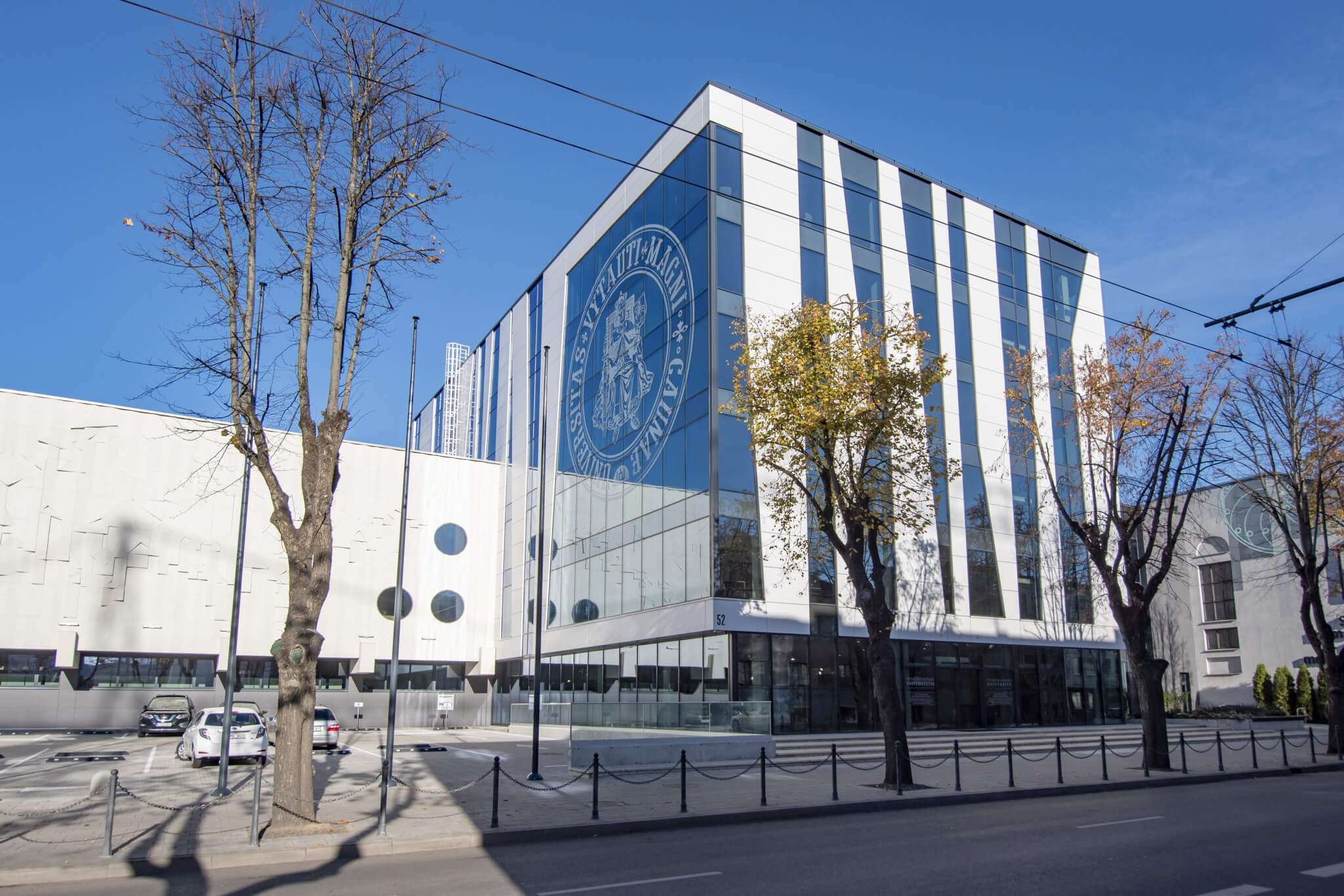
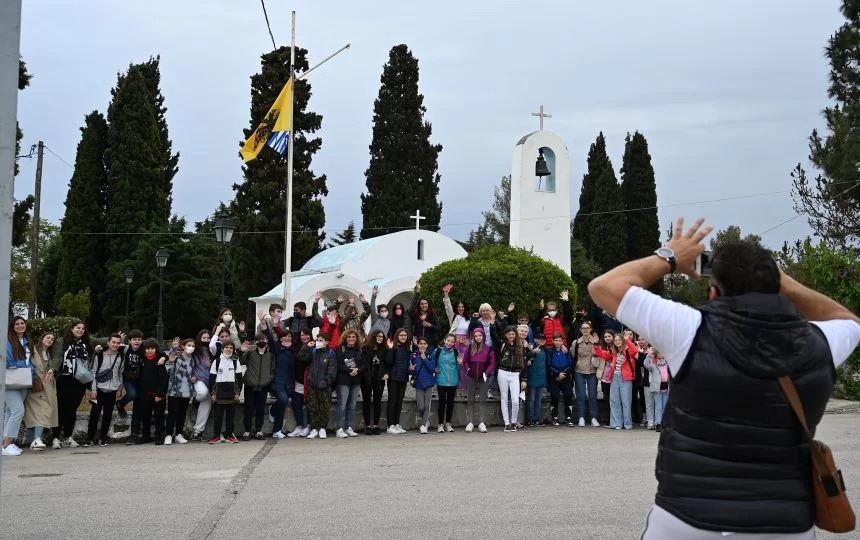
Tarptautiniai projektai
Licėjaus „Sokratus“ bendruomenė nuolat dalyvauja įvairiuose tarptautiniuose projektuose, skirtuose stiprinti bendruomeniškumą, plėsti mokinių ir mokytojų žinių lauką, ugdyti įvairius įgūdžius: kritinį mąstymą, kūrybiškumą, komandinį darbą, komunikavimą, bendradarbiavimą.
„Nordplus“ – Šiaurės ir Baltijos šalių tarptautinio bendradarbiavimo programa
Programa „Nordplus“ („Nordplus“ Framework Programme) yra skirta švietimo institucijoms iš Baltijos šalių (Lietuva, Latvija, Estija), Šiaurės šalių (Danija, Islandija, Norvegija, Švedija, Suomija) ir autonominių Šiaurės šalių sričių (Grenlandija, Farerų salos ir Alandų salos).
„Nordplus“ programos tikslai:

Kokybės švietime gerinimas
Pagrindiniai programos tikslai – švietimo ir mokslo kokybės gerinimas bei inovacijų diegimas

Bendradarbiavimas su pažangiomis Šiaurės ir Baltijos šalių švietimo institucijomis
Siekiame skatinti ilgalaikį švietimo institucijų bendradarbiavimą, pasikeitimą patirtimi ir gerąja praktika bei pasiektų rezultatų sklaidą ir tvarumą

Bendros Šiaurės ir Baltijos šalių švietimo erdvės kūrimas
Pagrindinės veiklos kategorijos siejamos su mobilumo, projektine ir tinklų veiklomis
Erasmus+
„Erasmus+“ yra Europos Sąjungos rėmimo programa, suteikianti mokymosi ir tobulėjimo galimybių įvairaus amžiaus, statuso, profesijų asmenims bei galimybę įvairioms organizacijoms, įstaigoms, institucijoms įgyvendinti programos kriterijus atitinkančius projektus.
Programa apima šias sritis:
- Švietimo ir mokymo – tai programos sritis, kuri remia su formaliojo švietimo sritimis (aukštasis mokslas, profesinis mokymas, bendrasis ugdymas ir suaugusiųjų švietimas) susijusias veiklas. Šią programos sritį administruoja ir į visus su ja susijusius klausimus atsako Švietimo mainų paramos fondas;
- Jaunimo – tai programos sritis, kuri remia su neformaliuoju ugdymu susijusias veiklas. Šią programos sritį administruoja ir į visus su ja susijusius klausimus atsako Jaunimo reikalų agentūra;
- Sporto.
Programa „Erasmus+“ apima buvusias ES švietimo, profesinio mokymo, jaunimo ir sporto finansavimo programas: Mokymosi visą gyvenimą programą („Comenius“, „Erasmus“, „Leonardo da Vinci“, „Grundtvig“), programą „Veiklus jaunimas“ ir penkias tarptautines bendradarbiavimo programas („Erasmus Mundus“, „Tempus“, „Alfa“, „Edulink“ ir bendradarbiavimo su pramoninėmis šalimis programą).
